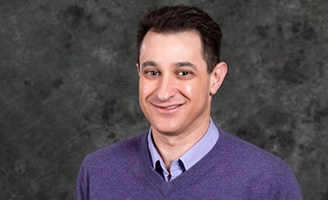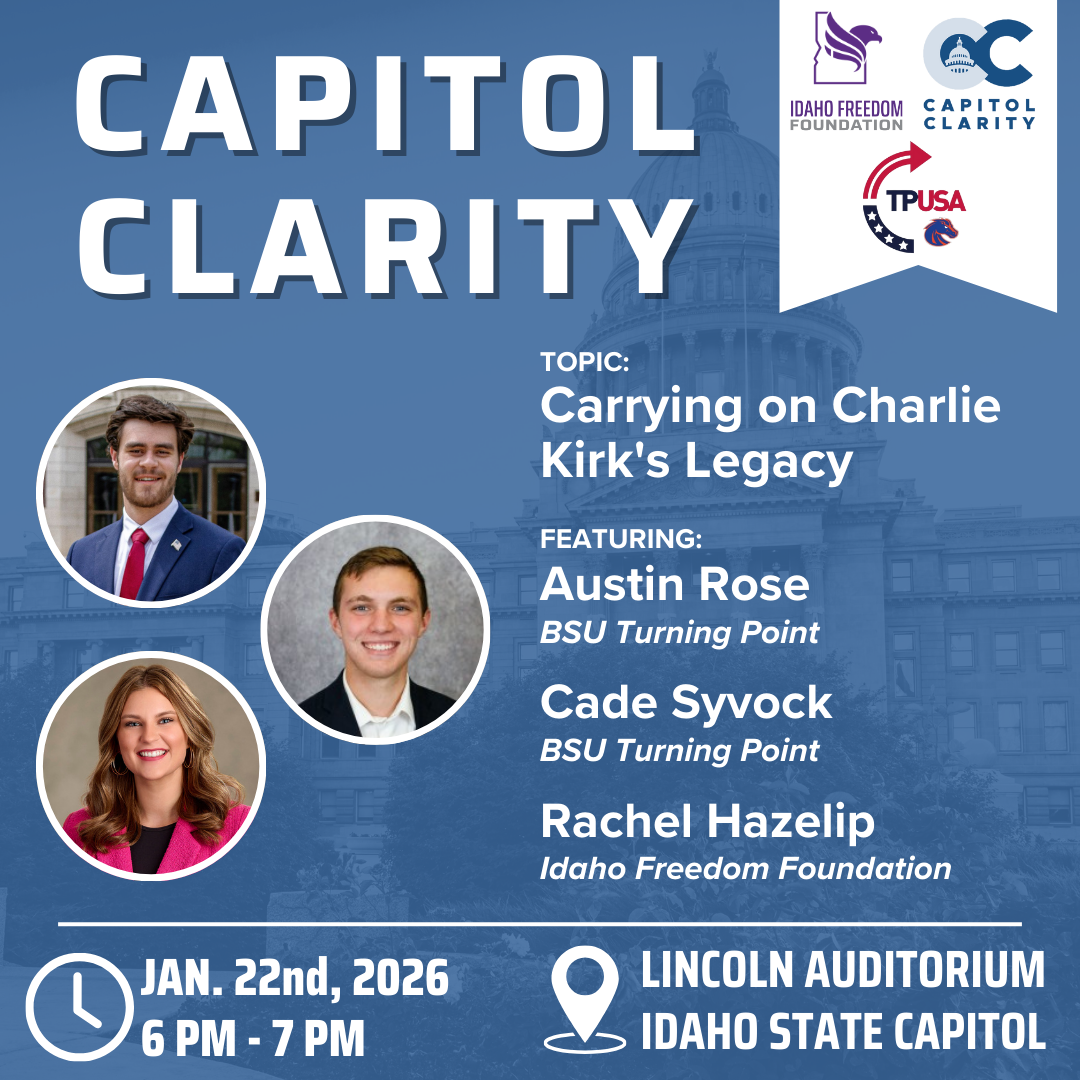


Republican Rep. Fred Wood, chairman of the Idaho House Health and Welfare Committee, recently said something that deserves further exploration. He told a legislative committee, “It is difficult for me to see how we can go forward having two healthcare systems in the state — one for poor people and one for everyone else, with different benefits. We can’t do that. That’s simply unconscionable.”
Wood was apparently referencing the presentation by a Seattle charity, which helps connect low-income patients with specialty care doctors for free. Project Northwest Access, referenced here a week ago, utilizes the donated services of 1,600 specialty doctors, who treat thousands of patients who otherwise would not be able to afford specialized medical treatment.
Wood, a doctor from Burley, lamented “a system where if you’re poor, you have to rely on charity care versus what everybody else gets.” Let’s unpack that a little bit: There already is a separate and unequal healthcare system for poor people. We call it Medicaid, and it doesn’t look so great from the inside.
Doctors are fleeing Medicaid because of low reimbursements from the government and complex regulations. As a result, a U.S. government study found: Medicaid patients stood a good chance of having trouble finding medical practitioners willing to see them; more than half of providers couldn’t offer appointments to new patients; wait times to see a doctor could be as short as two weeks or, in the case of 1 in 10 patients, two or three months.
We could go on. The fact is, Medicaid patients are generally enrolled in a program fraught with problems, namely, reduced access to quality care and reduced patient healthcare outcomes.
Wood excoriates the charity-driven model. But, here’s something else you may not know: For much of the nation’s history, charities and local benevolent societies delivered healthcare services and insurance to people in need. The willingness of communities to rally around their own caught the attention and imagination of a French civil servant, Alexis de Tocqueville, who, visiting the United States in 1830, wondered what made the new nation so extraordinary. He concluded, much had to do with the way people in a community voluntarily summoned the resources to care for one another.
In the U.S., throughout the 19th and the early 20th centuries, an elaborate network of private, voluntary organizations provided aid to their members. Some offered a form of sickness insurance. Other organizations paid staff doctors, who offered treatment directly to their members as a benefit of belonging. Much of this went away with the advent of the modern welfare state and the persistent lobbying by medical and insurance groups, whose intentions were to end charity care and mutual aid programs. The opposition wasn’t because the latter groups offered inferior services. Rather, it was because charities and private, voluntary organizations made medicine and health insurance less lucrative and more competitive.
Today, those charities that work for the benefit of the poor report far better outcomes than anything offered by government. They report high satisfaction among participants, and they report that the people they’re helping not only get better, but many of those helped improve their economic standing because they also have a support network.
Those are the programs we should emulate, not Medicaid. It’s unconscionable that poor people use charity, Rep. Wood? One would have to argue it’s unconscionable that we’re willing to funnel people into a government-run system that really does a crummy job of helping those it purports to help.


